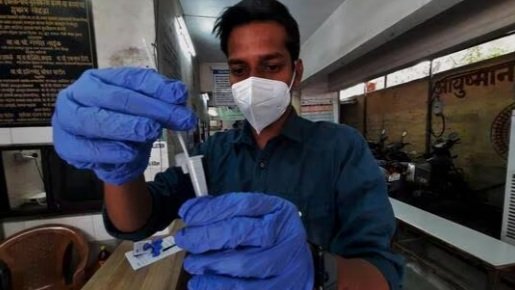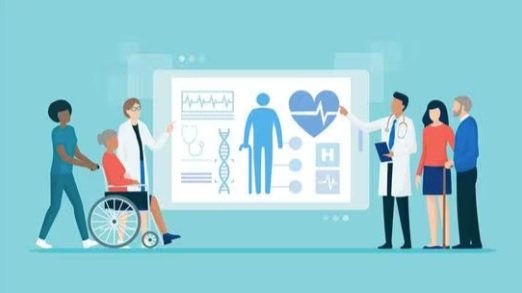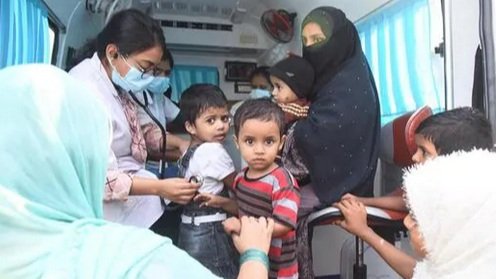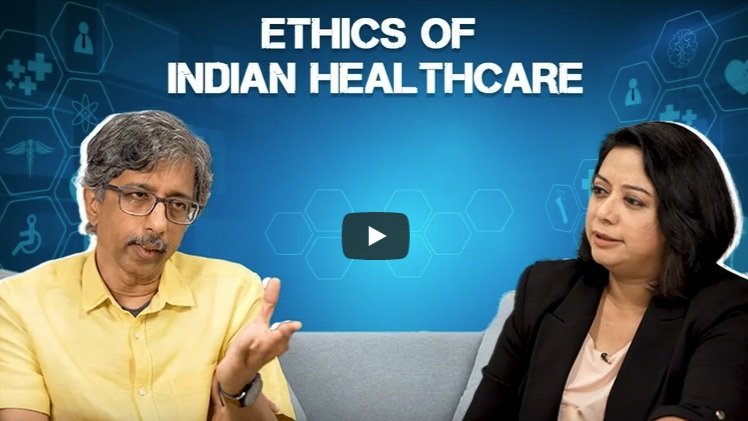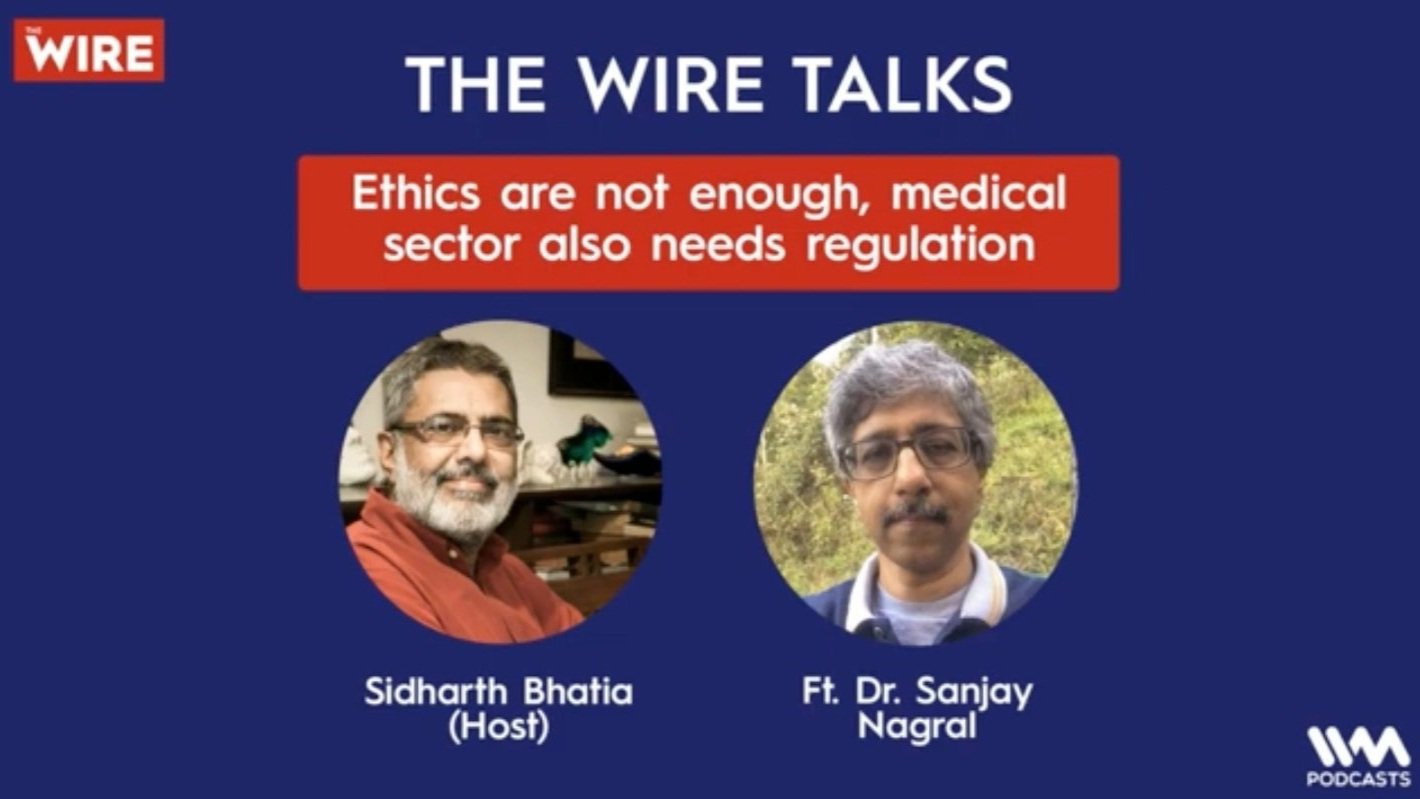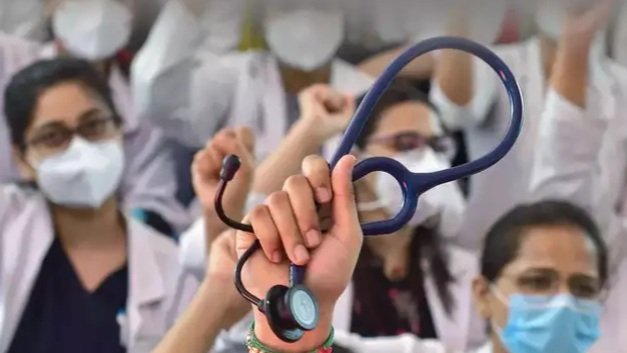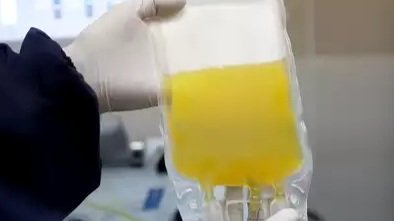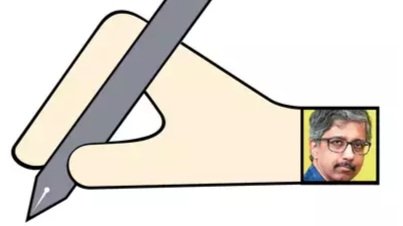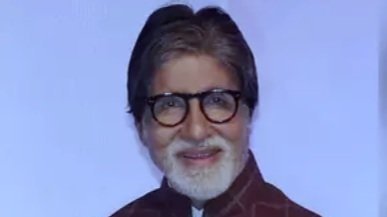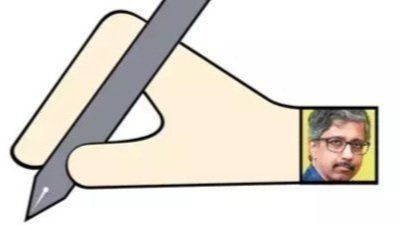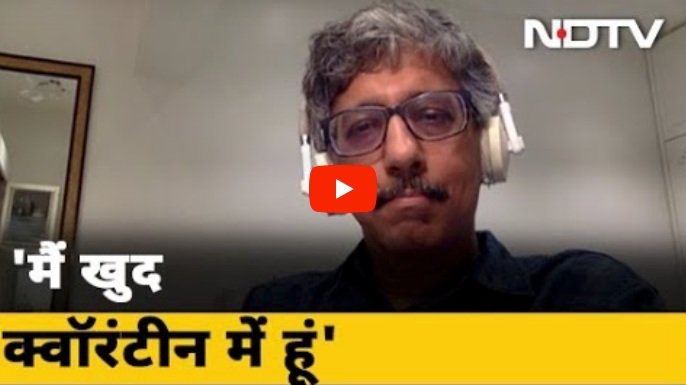
Healthcare and Ethics
Articles 41—60 < newer posts older posts >
The evidence suggests that all-encompassing blanket testing when you are healthy doesn’t help. Many countries don’t promote or offer them. No scientific organisation recommends them. What’s instead recommended is selective targeted testing
How do we define an emergency? Why does the government not do its job? Why should private hospitals treat emergencies? Who will pay? Who will take responsibility to transfer patients? What if people demand emergency treatment
Does reflection on the year gone by contribute to a better life in the year that follows? Do we collectively learn to improve our daily lives? The rhetoric apart, such questions are too ambitious without the context of period, place and culture.
Measles is much more infective to others than Covid. But its resurgence has been seen across the world in those whose lives and livelihoods were uprooted by Covid. Who may have got the Covid vaccine but missed the measles vaccine in the chaos
In this video, he speaks about the pharma companies influencing the doctors to prescribe certain drugs and how gifts from these companies influence the decision making of doctors in terms of what medicines to prescribe.
Dr. Sanjay Nagral is an expert gastrointestinal surgeon with a career spanning three decades, considered among the top 10 gastroenterologists in India. He performed a vital role in the first successful liver transplant in India.
The death of 70 children due to adulterated cough syrup made by an Indian pharma company has hit headlines. The fact that these were children who must have been given a syrup for what’s likely to have been a harmless cough has made this case particularly heart-breaking.
Joining host Sidharth Bhatia on The Wire Talks this week is Dr. Sanjay Nagral. The duo speaks about whether pharma incentives to doctors harm or help the patients, massive promotional budgets' effect on the medical segment and the common man, and more.
The relationship between the medical profession and pharmaceutical industry has provoked intense scrutiny and attempted regulation across the globe. India is no exception
What Made-in-Ukraine doctors say about our medical education
The Ramdev-IMA skirmish is more of a turf war based on perceived insults, than about upholding science or attacking obscurantism. It is a sideshow of a fake quarrel that has distracted us again from the crisis in healthcare that India faces.
What happens to doctors who travel to the kingdom of the sick? Do they notice small things they have overlooked when treating patients? How do they behave as patients? And does an illness make an impact on their perception of disease?
The results of a large multi-centre ICMR-led plasma trial were released yesterday. It shows no benefit in terms of reduction of mortality or progression from moderate to severe disease. What is helpful is to realise that this is exactly how science has progressed. Not only by successes but also recognising failures and moving on.
Given the complexity of medical knowledge and the fear of disease, the ‘all knowing doctor' approach is understandable. However, a cocksure doctor doling out instant advice with an air of finality may be more optics than substance. A doctor who knows that he doesn’t know and is willing to admit it, may be acting in your best interest
In March this year, an IAS officer in Jharkhand gave birth to her baby at a government hospital. That this made front page news nationally and that too valorised, is not surprising. Because in India, it is an unusual act. Almost a brave one
With a celebrity, one wonders whether the attention is on the message or the person. The surrounding spectacle drowns out the message. Even worse, the medium becomes the message. And illness a metaphor for herocentric formula films
India has one of the largest railway networks, with a high incidence of railway-related accidents and fatality rate of 150/million passengers per year. We evaluated the pre-hospitalization period, pattern of injury and outcome of train accident victims in a metropolitan city.
Why does a city of this size, resources and claim to modernity not have a developed, centralised system that co-ordinates from a nodal point where updated information on the availability.
दुनियाभर में कोरोनावायरस (Coronavirus) का कहर बढ़ता ही जा रहा है. भारत में भी यह बीमारी तेजी से फैल रही है. इस वैश्विक महामारी से निपटने के लिए NDTV ने एक खास कार्यक्रम आयोजित किया, जिसका नाम 'टेलीथॉन' है. इस कार्यक्रम का मुख्य लक्ष्य भूख के सताए बेघरों के लिए राशि जुटाने का था. इस कार्यक्रम में जसलोक अस्पताल के डॉ संजय नागराल ने कहा कि मजदूरों को स्वास्थ्य सुविधा उपलब्ध करवा पाना बड़ी चुनौती है.
Unfortunately, the WMA’s standing has fallen under a cloud with the recent inauguration of Ketan Desai, an Indian urologist, as its president on 21 October 2016.

